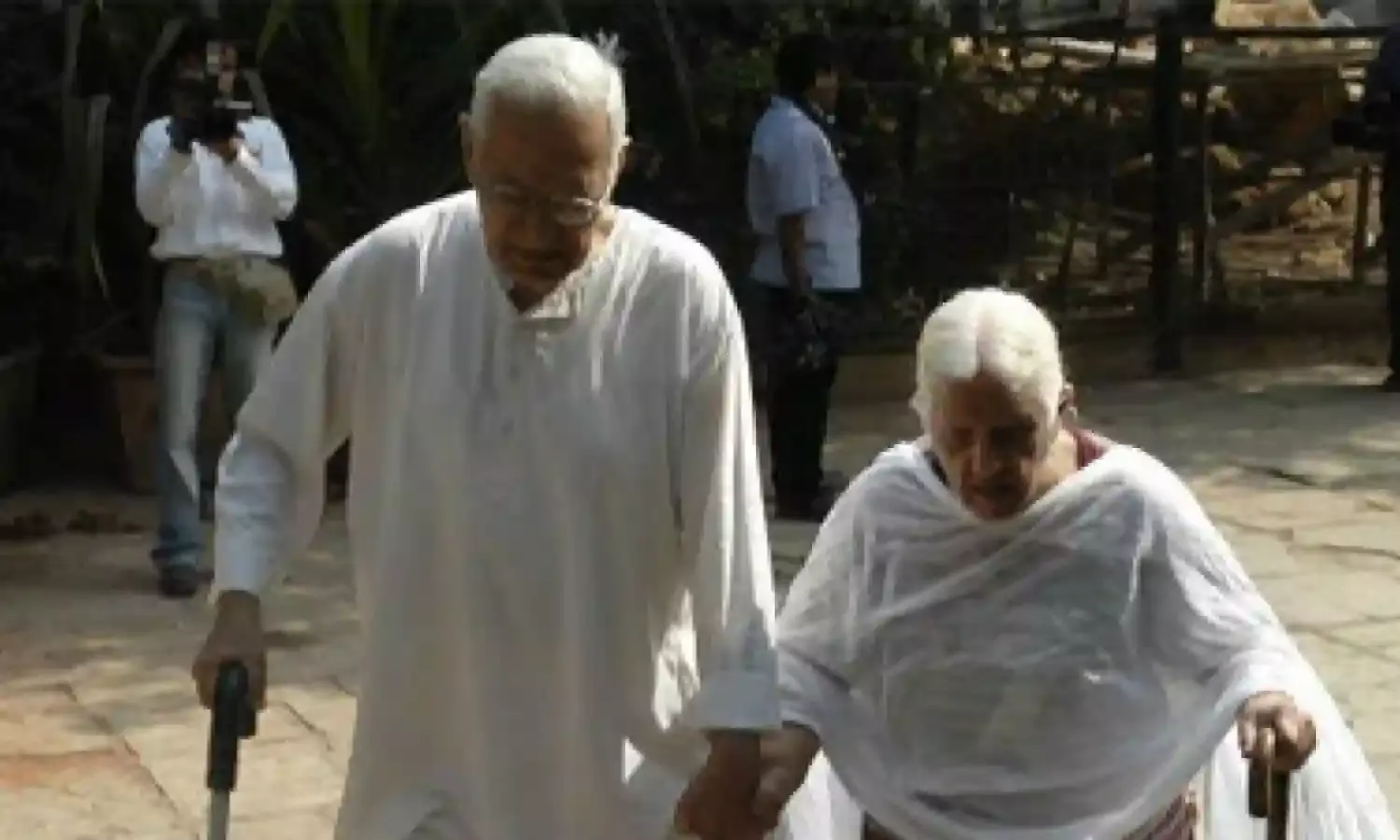What Does The Future Hold For India's Ageing Population?
India will surpass China's population in 2023

On July 11 2022, The World Population Day, the United Nations released a report stating that by 2023, India will exceed China's population, and emerge as the world's most populous country. One of the biggest factors that has led to population growth globally, is the advancement of modern medicine which has resulted in an increase in overall life expectancy.
China, currently is coping with a huge ageing population and its working age population is on a decline. In 2021, 267 million people were aged 60 years and above in China. The Chinese Government currently is offering various incentives to encourage high birth rates within its population. Similar to China, India's older population is also on the rise and its total fertility rates are on the decline. India becoming the world's most populous country, could have serious implications on elderly care and social security.
In 2021, India's ageing population was 138 million. However, as per a report prepared by the National Statistical Office (NSO)'s Elderly in India 2021, India's elderly population will rise to 194 million in 2030. Research has shown that increase in elderly abuse, abandonment, loneliness and financial concerns are some of the major issues being faced by the country's older population.
At present only 26.3% of the elderly are financially independent, 20.3% are partially dependent on others for financial assistance and 53.4% are dependent on their adult children. Constant lowering of interest rates are also a major burden for senior citizens who are dependent on different fixed deposits to meet their daily expenses.
Tied to economic concerns, are the health issues of the elderly population. With increasing life expectancy, the elderly are dependent on several expensive medicines for chronic ailments such as high blood pressure, cardiovascular diseases and diabetes. They often have to rely on paid caregivers, as cohabitation with adult children is also gradually declining.
Like India, China too is dependent on adult children to provide caregiving arrangements to their elderly population. However, owing to China's one-child-policy and changing family structures, elder care has shifted. China is unable to provide for its elderly population. Abandonment of elderly, poor hospice facilities and lack of financial support from adult children are some of the major issues of China's elderly population.
Recently, the Government of China announced that it would allow more insurance funds to invest in elderly care projects and boost financial institutions to provide reasonably priced loans to elderly care providers. The Chinese Government also aims to start a nationwide scheme that will improve the medical and care services of the elderly. Currently, local governments are being encouraged to initiate pilot programmes of this scheme, and increase the number of medical facilities and centres to cater specifically to elder care.
A growing ageing population is an emerging concern for both the countries. India and China, largely relied on the family for later-life care. However, with rising rates of migration, and the gradual disintegration of the joint family system, the governments of both countries can no longer rely only on families to provide for their elderly population.
Since China's elderly population is currently on the rise, the Chinese Government is coming up with various schemes to tackle the needs of their elderly population. India too needs to take note of its increasing ageing population and address their concerns accordingly. Relying only on adult children for elder care will need to change, as increasingly the younger generation in several countries including India are opting to remain childfree.
By next year, India will emerge as the most populated country of the world and by the next decade, India's elderly population will rise from 10.1% in 2021 to 13.1%in 2031. Thus, the country needs to understand and focus on the needs of this growing demographic urgently.
Jagriti Gangopadhyay is an Assistant Professor, Manipal Centre for Humanities, Manipal Academy of Higher Education and Srijan Sengupta is an Assistant Professor, Metallurgical and Materials Engineering and Digital Humanities, IIT Jodhpur


